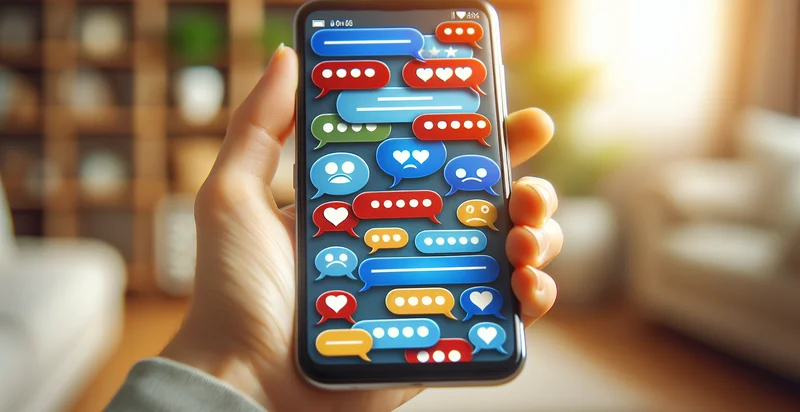Identify staff friendliness
using AI
Below is a free classifier to identify staff friendliness. Just input your text, and our AI will predict the level of staff friendliness in various customer interactions - in just seconds.

Contact us for API access
Or, use Nyckel to build highly-accurate custom classifiers in just minutes. No PhD required.
Get started
import nyckel
credentials = nyckel.Credentials("YOUR_CLIENT_ID", "YOUR_CLIENT_SECRET")
nyckel.invoke("staff-friendliness", "your_text_here", credentials)
fetch('https://www.nyckel.com/v1/functions/staff-friendliness/invoke', {
method: 'POST',
headers: {
'Authorization': 'Bearer ' + 'YOUR_BEARER_TOKEN',
'Content-Type': 'application/json',
},
body: JSON.stringify(
{"data": "your_text_here"}
)
})
.then(response => response.json())
.then(data => console.log(data));
curl -X POST \
-H "Content-Type: application/json" \
-H "Authorization: Bearer YOUR_BEARER_TOKEN" \
-d '{"data": "your_text_here"}' \
https://www.nyckel.com/v1/functions/staff-friendliness/invoke
How this classifier works
To start, input the text that you'd like analyzed. Our AI tool will then predict the level of staff friendliness in various customer interactions.
This pretrained text model uses a Nyckel-created dataset and has 10 labels, including Approachable, Cordial, Dismissive, Friendly, Helpful, Indifferent, Neutral, Unfriendly, Very Friendly and Very Unfriendly.
We'll also show a confidence score (the higher the number, the more confident the AI model is around the level of staff friendliness in various customer interactions).
Whether you're just curious or building staff friendliness detection into your application, we hope our classifier proves helpful.
Related Classifiers
Need to identify staff friendliness at scale?
Get API or Zapier access to this classifier for free. It's perfect for:
- Customer Support Evaluation: This function can be utilized to analyze interactions between staff and customers in support dialogues. By classifying text as friendly or unfriendly, businesses can enhance training programs that focus on improving customer service skills.
- Employee Performance Reviews: HR departments can implement this function to assess written feedback received by employees from customers. Identifying staff friendliness can provide critical insights into employee performance, allowing for more informed evaluations and recognizing top performers.
- Social Media Monitoring: Businesses can apply the identification function to monitor customer interactions on social media platforms. By classifying the tone of responses, companies can gauge public perception of their staff's friendliness and quickly address any negative sentiment.
- Training Program Development: Organizations can leverage this text classification to identify areas where staff may need additional training on customer interactions. By analyzing communication data, training programs can be tailored to improve friendliness and engagement levels among employees.
- Customer Feedback Analysis: This function can be used to analyze customer feedback forms or surveys. It can help businesses understand how customers perceive staff friendliness, enabling them to make data-driven changes to improve overall customer experience.
- Mystery Shopper Reports: Companies can integrate the friendliness identifier into their mystery shopper programs. By analyzing reports submitted by mystery shoppers, businesses can collect quantifiable data on staff interactions, ensuring service standards are met consistently.
- Sentiment Analysis in Chatbots: This function can enhance AI-driven customer service chatbots by improving their ability to respond with appropriate levels of friendliness. By assessing and classifying response text, chatbots can be tuned to deliver more engaging and positive customer interactions.


